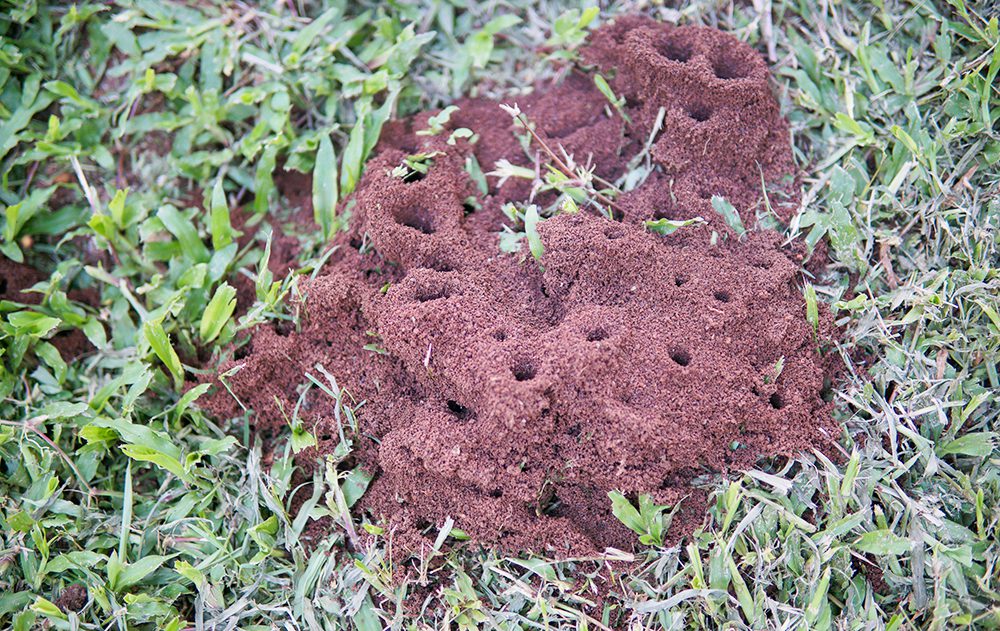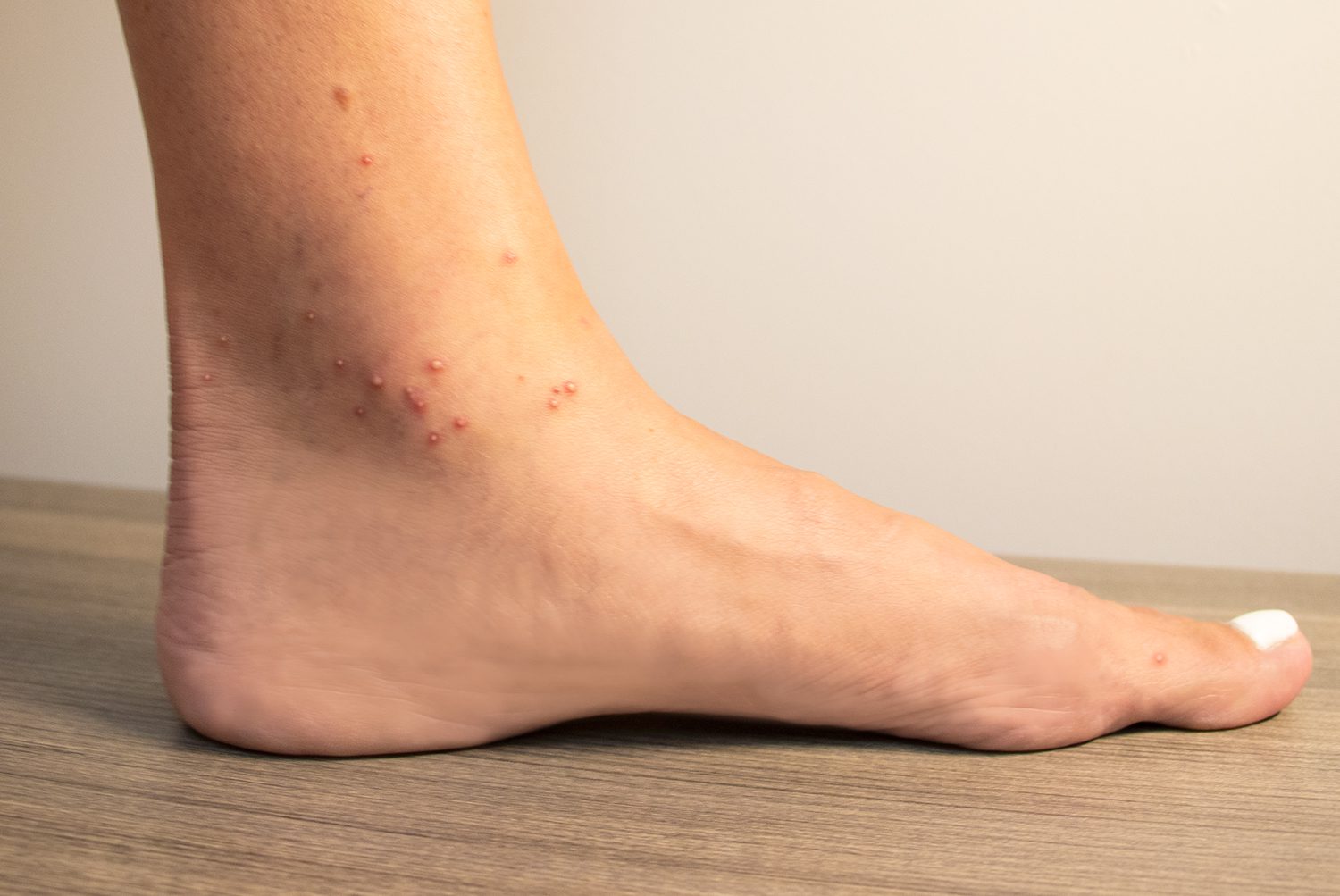How to Treat Ant Bites: Vital Do’s and Don’ts for You
You are outside working in your yard on a hot, sunny summer’s day when suddenly you feel a tiny sting to your ankle followed by another and then another sting. You look down and see that you’ve stepped in a fire ant’s nest. You quickly do your best to swat them away, even going so far as to remove your shoes and socks.
But now that you are free from the pesky little attackers, you wonder how to treat ant bites?

Our leading physicians at CMC Primary Care explain what you need to know about ant bites and provide some recommendations on how to treat ant bites and when to seek further treatment.
How to Treat Your Ant Bites–Follow Our Vital Do’s and Don’ts
The stinging and pain urge you to seek immediate relief, but it’s important that you know how to treat the bites and what to avoid doing—the last thing you want is to make it worse.
If You’re Bitten By A Fire Ant, Follow This Treatment
DO: Immediately wash the area with soap and water. This will help prevent infections
DO: Apply a cool compress with ice. This will help reduce pain and swelling. We recommend 20 minutes on and 20 minutes off).
DO: Use topical treatments. We suggest:
DO: Take an oral antihistamine to help with itching. Other options to help you include:
DO: Leave the bite alone as much as possible. If you leave your ant bites alone, they will usually dry up in about four days.
If You’re Bitten By a Fire Ant, Here’s an Important List of “Don’ts”
DON’T: Pop a fire ant bite. We know it’s tempting, but popping this blister could lead to an infection because it creates an open wound that allows bacteria and germs to enter your body.
DON’T: Scratch the area. Scratching can open the blisters and cause infection. However, if you couldn’t resist the temptation and you did pop an ant bite, then we recommend applying an antibiotic ointment up to three times a day for one to two days to help prevent infection.
How Do I Know If I Have a Fire Ant Bite?
A fire ant bite will create a mark that looks similar to a pimple. The skin around the area will usually be quite red and will eventually develop a pus-filled blister. Other symptoms of an ant bite are:

How Do I Know If I Need Medical Treatment?
The good news is that most people do not need medical treatment for fire ant stings, however, some people are allergic to ant venom and can have more severe symptoms, such as:

If you or a loved one experiences these symptoms after a fire ant attack, seek immediate medical attention. An epinephrine injection can also be helpful for allergic reactions.
How long a fire ant sting lasts can depend on the amount of venom the ants release into your skin. It can take anywhere from 7 to 10 days for the blister/sore to go away. If it lingers beyond that, contact one of our primary care providers in Myrtle Beach and Horry County.
Important Facts About Fire Ants
Fire ants, also called “red ants” by some because of their color, are aggressive and venomous insects. These small but mighty vermin are most often found in the southern United States and coastal South Carolina is prime territory for them. Fire ants are most active from spring through fall when ground temperatures are 60 degrees or higher.
Fire ants are usually a dark red color with pincers on their head and a stinger on their rear end. When a fire ant attacks, its stinger releases a chemical called formic acid into the skin that creates a burning sensation. Hence the name fire ant. They typically bite/sting as a reaction to feeling threatened and to protect their dwellings. Disrupt an ant hill and you can anticipate having way more than one bite.
How Can I Prevent Fire Ant Bites?
The key to preventing fire ant (and really, all ant) bites is to understand and be aware of their habitat. Remember to avoid ant mounds and ensure that there are no ants near your home or outdoor recreation spaces.
However, fire ants may also be found on trees or even in water. So if you’re relaxing or working in an outside area, survey your surroundings to ensure you’re not around fire ants. In addition, remember that ants may be underneath items, so take care when moving things in an area where you know fire ants may be hidden.
You can also prevent ant bites by:
Conway Medical Center Primary Care: There When You Need Us Most
Fire ants and other pesky insects seem to be a natural part of living in the Southeast. But when things go wrong, know that your primary care physicians in Myrtle Beach and Horry County are ready to help you. With convenient locations throughout the area, visit one of our primary care specialists to get the help you need—not only to treat ant bites–but to live a healthier life year-round.




